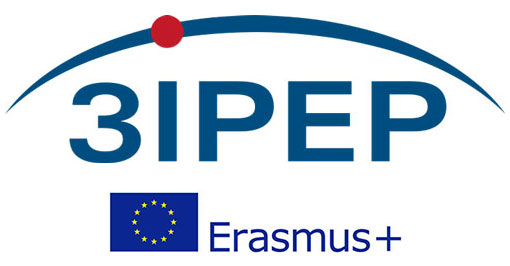You are here : 3IPEPEN3IPEP projectExpected results and impact
- Partager cette page :
- PDF version
Expected results and impact
The evolution of international corporate law suggests that ethical issues are, and will be for years to come, a major challenge for international trade. Sustainable development of international trade can only be envisaged in terms of protecting the environment and vulnerable populations, notably indigenous peoples. It is essential today to restore justice and balance in transnational economic relations.
The search for this balance raises a number of legal questions: Do the hard or soft rules of law currently governing the activity of multinational corporations sufficiently integrate the objectives of protecting the environment and indigenous peoples? Are they efficient enough? How could they be improved? What are the relevant tools to respond to these challenges: public regulation, backed by corporate social responsibility? Self-regulation by corporations (codes of conduct)? Conventions between multinational corporations and indigenous peoples (benefit-sharing agreements)? And finally, what are the relevant sanctions to ensure the effectiveness of these rules?
The Erasmus+ European project “Legal Challenges in International Investments, Indigenous Peoples and Environment Protection” intends to respond to these challenges, through research and training. The work of research professors from the Faculty of Law of UVSQ (France), the Riga Graduate School of Law (Latvia) and the Faculty of Law of the University of Lapland (Finland) will form the basis of a training program for law students on the legal means of reconciling the development of multinational corporations, the protection of the environment and human rights through the rights of indigenous peoples. Thus, four courses supplemented by educational materials will be designed and made available to the general public. A law clinic will also be created in the second part of the project, aimed at providing legal assistance to indigenous peoples and non-governmental organisations dedicated to the protection of human rights and the environment. Finally, various events will test and improve the work put in place during this project: 1 summer school, 1 winter school and several scientific conferences. The project aims, more generally, to raise public awareness to contribute to awareness-raising efforts to protect the environment and vulnerable populations.
Results and impacts
The expected results and impacts of the project are as follows:
- To strengthen European and academic competences in the field of indigenous peoples’ rights, to enable participation in international networks and the development of collaborations with other countries concerned by these issues (Canada, Iceland, Norway, United States, New Zealand);
- To promote the employability of students in international law by providing training in line with contemporary concerns of multinationals, international organisations and NGOs, including the goal of sustainable economic development;
To contribute to the entry into the labor market of highly qualified lawyers who are familiar with the foundations of international business ethics law, to integrate international organisations and technical and / or legal services of multinational companies; - To enable stakeholders (indigenous peoples, NGOs) to access new legal services (Law Clinic);
- To raise awareness among students and the general public about the situation of vulnerable populations, the risks of climate change, the need for more ethical governance of multinational corporations and the role that public and private regulation should play in achieving these objectives.
The assessment of the results and impacts will be carried out at the end of the project using various indicators, in particular:
- For academics: quantity of scientific publications and international conferences on the topics covered in the years to come.
- For partner organisations: evolution of the incoming mobility of foreign students and taking into account the number and quality of future collaborations.
- For stakeholders at the international, national and local levels: analysis of the future activity of the Law Clinic; invitations from academic participants to participate, as experts, in international or European working groups on related topics.
- For the general public: quantitative approach based on the number of visits to the project website.
